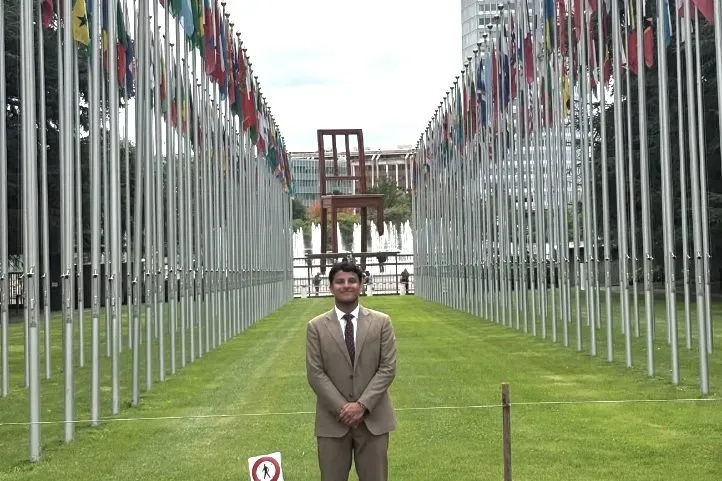More than twenty countries have urged Panama to enhance legal protections for its LGBTQ citizens. The recommendations came during Panama’s Universal Periodic Review before the United Nations Human Rights Council in Geneva. Nations including Chile, Colombia, Brazil, Mexico, Uruguay, Ireland, the United Kingdom, Canada, Germany, France, Iceland, and Australia called for specific legal reforms.
The session, focused on Panama’s human rights record. A primary demand was the inclusion of sexual orientation and gender identity as protected categories within the country’s existing anti-discrimination law, Law 7 of 2018. Several countries also pressed for administrative, safe, and self-determination based procedures for legal gender recognition.
Civil Society Highlights Legal Gaps
The Fundación Iguales organization acknowledged some progress by the Panamanian state. It also described current measures as fundamentally insufficient. The group, represented by lawyer and researcher Ángel Garay, addressed the council directly during pre-sessions in Geneva.
Garay’s presentation detailed the severe consequences of the legal system’s failure to recognize same-sex partnerships. He argued this omission leads to violations of fundamental rights related to family, inheritance, health, and pensions. The foundation’s statement was unequivocal about the impact of this legal void.
This legal invisibility reinforces unequal treatment contrary to the constitutional principle of equality, [Translated from Spanish] the organization stated.
Fundación Iguales further highlighted the absence of a rigorous regulatory framework to prevent discrimination. It called for laws that would promote substantive equality for all Panamanians, regardless of their sexual orientation or gender identity.
Broad International Consensus for Reform
The international recommendations extended beyond anti-discrimination law. Several states advised Panama to strengthen protections for all minorities and to ratify international instruments that specifically safeguard LGBTQ rights. This show of global consensus places significant diplomatic weight on the Panamanian government to act.
Fundación Iguales expressed appreciation for the coherent stance taken by the recommending nations. It also urged the Panamanian state to clearly differentiate between public health policies, such as those concerning HIV, and advancements in civil rights. This distinction, the group believes, is crucial to prevent confusion about the scope of rights recognition.
The organization specifically called upon Panama’s Ministry of Foreign Affairs to take a leading role. It asked the ministry to act as a liaison between state institutions and civil society to implement the commitments made during the Universal Periodic Review.
It is time to move from paper to reality, to honor the Panamanian tradition of respect for international law, [Translated from Spanish] Fundación Iguales emphasized.
This direct appeal underscores the gap between international pledges and domestic action. The ball is now in Panama’s court to demonstrate its commitment to human rights for all its citizens through tangible legal and policy changes.
The recommendations from the United Nations Human Rights Council are not legally binding. They do, however, carry substantial moral and political authority. How Panama responds will be closely watched by both international observers and its own LGBTQ community, which continues to advocate for full legal equality and protection from discrimination.



